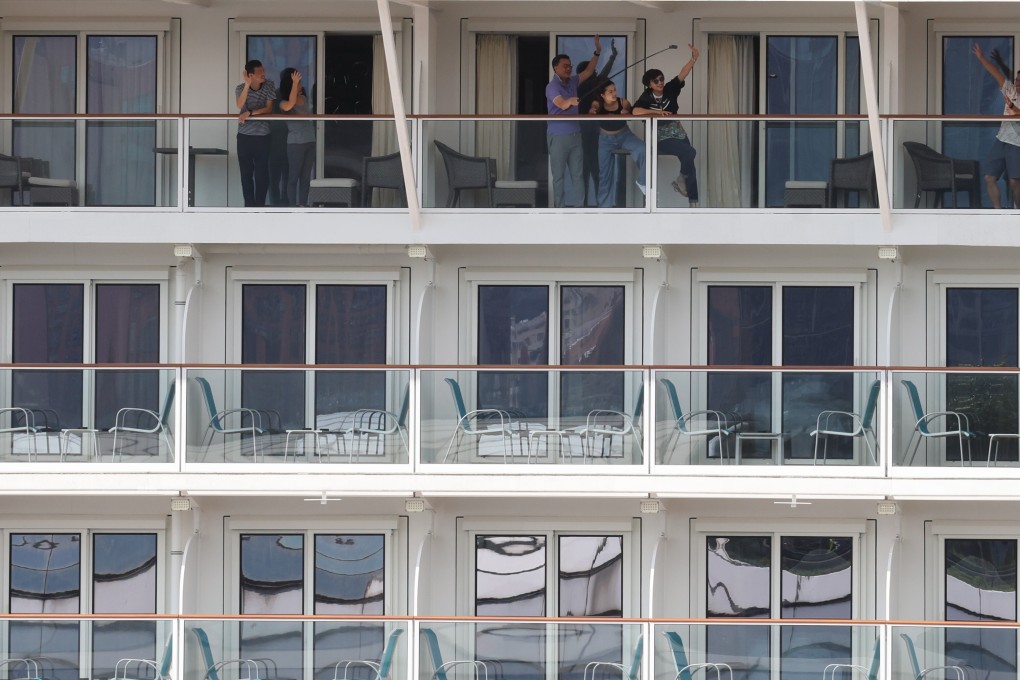Advertisement
Hong Kong’s ‘cruise to nowhere’ proves a hit with expats stranded by coronavirus travel restrictions
- Cruise operator Genting Hong Kong is tapping a brand new market of expats craving a short break but deterred from international travel by the city’s stringent quarantine measures
- Having cracked the market, Genting hopes to capitalise in the future with themed ‘cruises to nowhere’
Reading Time:3 minutes
Why you can trust SCMP
13

Hong Kong’s stringent quarantine requirements have created a brand new and growing market for pandemic-battered cruise operator Genting Hong Kong: expats who are unable to travel.
In the last month Dream Cruises, one of the lines owned by Genting, has operated 15 “cruises to nowhere”, taking some 20,000 passengers on two- or three-day round trips into international waters.
“The current situation of restricted travel has provided us with the opportunity to tap into this market as limited vacation options are giving this demographic group [expats] the chance to try out our product when perhaps they would have normally flown home for the summer,” said Kent Zhu, president of Genting Cruise Lines.
Advertisement
Hong Kong has one of the world’s toughest quarantine regimes – up to 21 days for arrivals from high-risk countries – a strong deterrent to anyone who may wish to take a holiday overseas or visit family in their home country.
Since Hong Kong closed its borders in the first quarter of 2020, businesses like hotels and cruise operators that count mainland Chinese tourists as a significant market have been among the worst hit.
Advertisement
Advertisement
Select Voice
Choose your listening speed
Get through articles 2x faster
1.25x
250 WPM
Slow
Average
Fast
1.25x